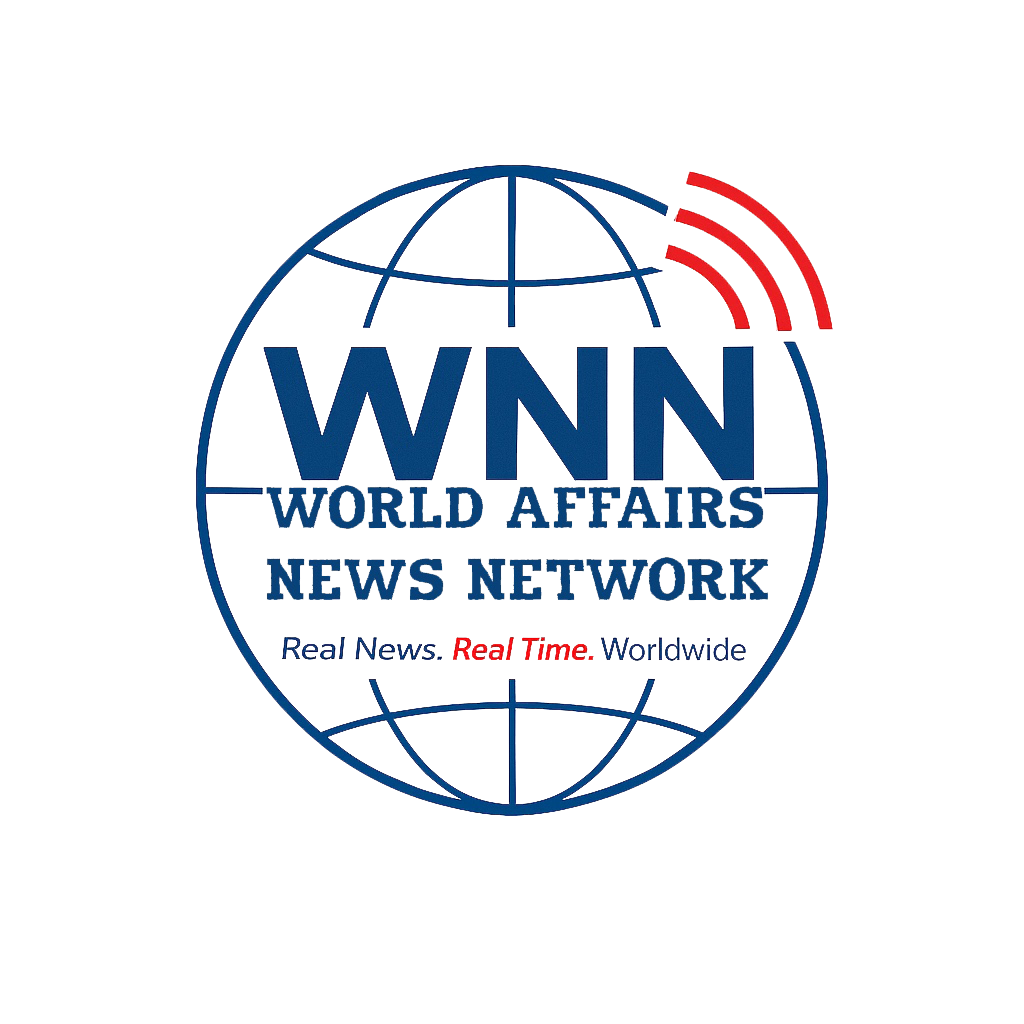CAIRO/DOHA/RIYADH/ABU DHABI/TEHRAN: The Preparatory Ministerial Meeting for the Joint Arab-Islamic Emergency Summit, convened on 14 September 2025 in Doha under the chairmanship of Sheikh Mohammed bin Abdulrahman bin Jassim Al Thani, was more than a diplomatic gathering. It was a declaration of intent: Arab and Islamic solidarity in the face of Israel’s unprecedented strike on Qatari soil. The presence of foreign ministers from across the Arab and Islamic world, alongside the Secretaries-General of the OIC and the Arab League, underscored the gravity of the moment.
In his remarks, OIC Secretary-General Hissein Brahim Taha described the strike as “a continuation of Israel’s expansion of the circle of war” and a direct assault on international law. He called for doubling efforts to hold Israel accountable for crimes ranging from occupation and settlement expansion to genocide and organized terrorism against Palestinians. The Secretary-General further praised the Joint Arab-Islamic Ministerial Committee, chaired by Saudi Foreign Minister Prince Faisal bin Farhan, for mobilizing international responsibility to pressure Israel. The draft resolution to be adopted at the full summit on Monday aims to crystallize this consensus into action.

The Doha meeting, however, is not occurring in isolation. Egypt’s decision to revive its long-dormant proposal for a NATO-style Arab military alliance adds a strategic dimension to what might otherwise have been a declaratory summit. President Abdel Fattah el-Sisi’s pledge of 20,000 troops for such a force signals Cairo’s intent to lead. Branded as “Arab security by Arabs,” the initiative has resurfaced amid acute crises: Gaza’s ongoing devastation, Israel’s escalation against Qatar, whispers of West Bank annexation, and the sharpening fault lines of U.S.–Iran rivalry.
Diplomatic sources reveal that Cairo has cooled relations with Israel to their lowest point in decades, limiting engagement to humanitarian coordination on Gaza. Washington, fearing the loss of a key intermediary, has moved quickly to maintain dialogue channels. Meanwhile, Egypt is coordinating closely with Saudi Arabia and France to amplify pressure on Tel Aviv. This triangulation reflects Egypt’s balancing act: championing Arab solidarity while protecting its own role as an indispensable bridge between the West and the Arab world.
Reactions from the Gulf reveal a simmering disquiet. The UAE, once the flagship of normalization through the Abraham Accords, is openly questioning its commitments. Officials have even floated suspension if Israel proceeds with annexation. Though such a move may not be imminent, the debate alone signals the fragility of the normalization wave. Emirati engagement with Tel Aviv remains, but the costs of Israel’s unilateralism are mounting.
Egypt’s blueprint for the alliance is detailed. Contributions would be proportional to population and military capacity, with Cairo demanding overall command and offering deputy roles to Gulf partners. Its 20,000-strong pledge reflects both its willingness to shoulder responsibility and its calculation that the project will accelerate modernization of its armed forces. Saudi Arabia is expected to provide the second-largest contingent, while Jordan, the UAE, and possibly Morocco may follow.

Yet cracks are visible. Framing the bloc as an anti-Israel mechanism risks escalation; defining its activation mechanism, when to deploy, against whom, and under what authority remains contentious. Arab leaders echo this caution. Sisi insists on deterrence, “an attack on one Arab state will be considered an attack on all,” but Saudi Crown Prince Mohammed bin Salman warns it must “serve peace, not escalate wars.” The UAE emphasizes broader threats such as terrorism and cyberwarfare, while Jordan’s King Abdullah insists Arabs must not “rely solely on external powers.”
Iran watches closely. Tehran, while silent on the Doha summit, has consistently warned against exclusionary Arab security structures. Its analysts see the proposed Arab NATO as an attempt to encircle Iranian influence in Yemen, Syria, and Lebanon, thus hardening fault lines rather than fostering dialogue.
The juxtaposition of Doha’s emergency summit and Cairo’s alliance revival captures the dual track of Arab diplomacy today: a search for immediate solidarity and a bid for long-term autonomy. The summit in Qatar underscores collective outrage and the demand for accountability. Egypt’s initiative, by contrast, offers a structural response military integration that, if realized, could mark a historic shift away from reliance on Western-led coalitions and redefine the balance of power in West Asia.
But both efforts face the same obstacle: Arab disunity. The draft resolution in Doha will test whether declarations of solidarity translate into coordinated action. Egypt’s alliance proposal, meanwhile, must overcome divisions over command, financing, and purpose. Without consensus, both risks becoming symbolic gestures, reminders of a dream deferred.
If the Arab world seizes this moment, the events of September 2025 could be remembered as the turning point when unity became substance, when Arab capitals drew a collective line against aggression, and when the vision of Arab strategic autonomy gained real momentum. If not, the Doha summit and Egypt’s NATO gambit will be archived as yet another reminder of Arab politics’ central paradox: grand visions undercut by mistrust, rivalries, and competing ambitions.
– WNN Op-Ed | Dr. Shahid Siddiqui, follow via X @shahidsiddiqui
WATCH, LIKE & SUBSCRIBE CHANNEL FOR EXCLUSIVE TALKS





















